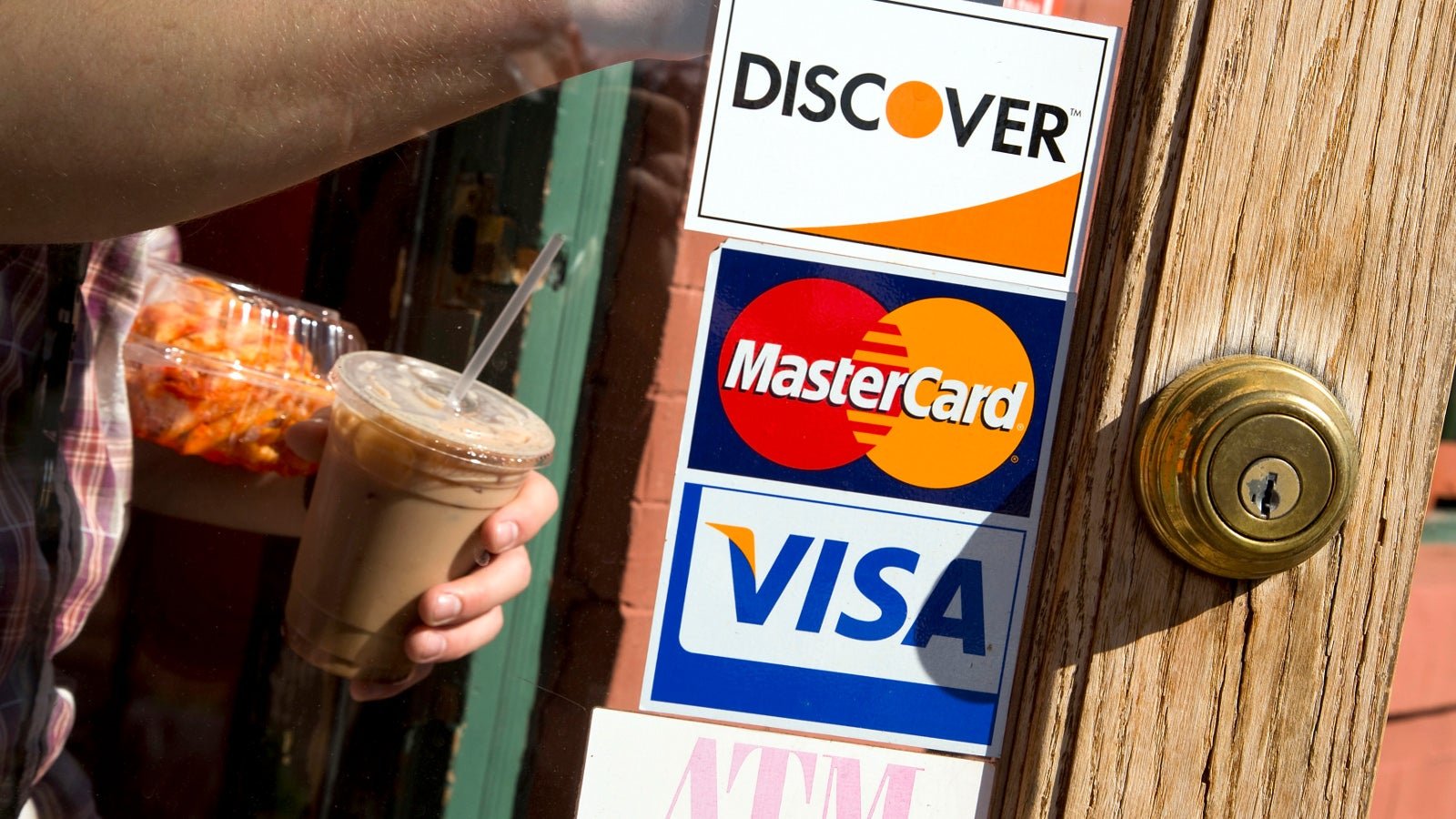A new partnership is beating the Fed to real-time payments
Apple’s new payments business and its in-the-news competitor, MCX, have something in common: They’re both built on the aging financial infrastructure (paywall) of credit-card networks and bank transfers—as though you were trying to build the worldwide web on telegraph wires.


Apple’s new payments business and its in-the-news competitor, MCX, have something in common: They’re both built on the aging financial infrastructure (paywall) of credit-card networks and bank transfers—as though you were trying to build the worldwide web on telegraph wires.
That’s one reason the Federal Reserve is calling on banks to start developing real-time payments technology. That makes today’s announcement that BBVA Compass, the $75 billion US subsidiary of the Spanish global bank, is partnering with Dwolla to deploy real-time payments technology in 2015, pretty impressive.
Many of the retail-focused payment efforts are digital wallets—basically, they replace your plastic credit card and its multiple-use ID number with a (hypothetically) more secure, one-time use digital handshake, either on your mobile phone or in a smart card. But the money flows between financial institutions on the same old rails. That means that the transactions won’t occur in real time and that savings to merchants and consumers is limited by the middlemen’s cut, which Apple itself is getting a slice of now.
But this doesn’t really make any sense. Data is data, and there’s not really a good reason that financial transactions don’t move at the speed of the internet.
Dwolla is a venture-backed “digital Visa,” a secure payments network built on the internet, founded in 2008 when CEO Ben Milne didn’t want to pay interchange fees at his e-commerce firm. Partnering with regional banks and regulators, it built a cheap payments network—charging only $.25 for transactions of $10 or more, compared to the 3.5% fee typically collected by credit card companies—used by a small group of merchants and regional banks, but now BBVA Compass customers will have access to real-time payments with other BBVA customers and anyone in the Dwolla network.
It will be the only real-time banking solution available in the United States; even transactions on the similarly new-fangled bitcoin payment network take six minutes or more to be confirmed. Businesses will have to worry less about cash-flow, and retail customers won’t have to wait days or pay extra to send your roommate a rent check. For an idea of how many of BBVA’s customers might adopt this new technology, the company points to its 729,000 mobile banking customers.
Partnership with just one bank won’t give Dwolla comparable marketshare to the other big networks, but it is an important proof of concept to demonstrate how far its technology is advanced past the status quo while expanding its existing reach significantly. Milne says their customers have been asking for a bank that can offer the same real-time transactions that the network can, and he expects BBVA to attract new customers after this deal.
For BBVA, already a technology pioneer, the deal is an opportunity to put a stake in the crowded American payments sector: Many of the largest US banks are partnering with Apple’s payments efforts as large retailers back MCX. In Silicon Valley, investment in wallet companies that utilize the bitcoin payment network has grown significantly. And BBVA is not one of the twenty-four major banks which own The Clearing House, the American payments giant that recently announced its own plans to begin developing a real-time network.